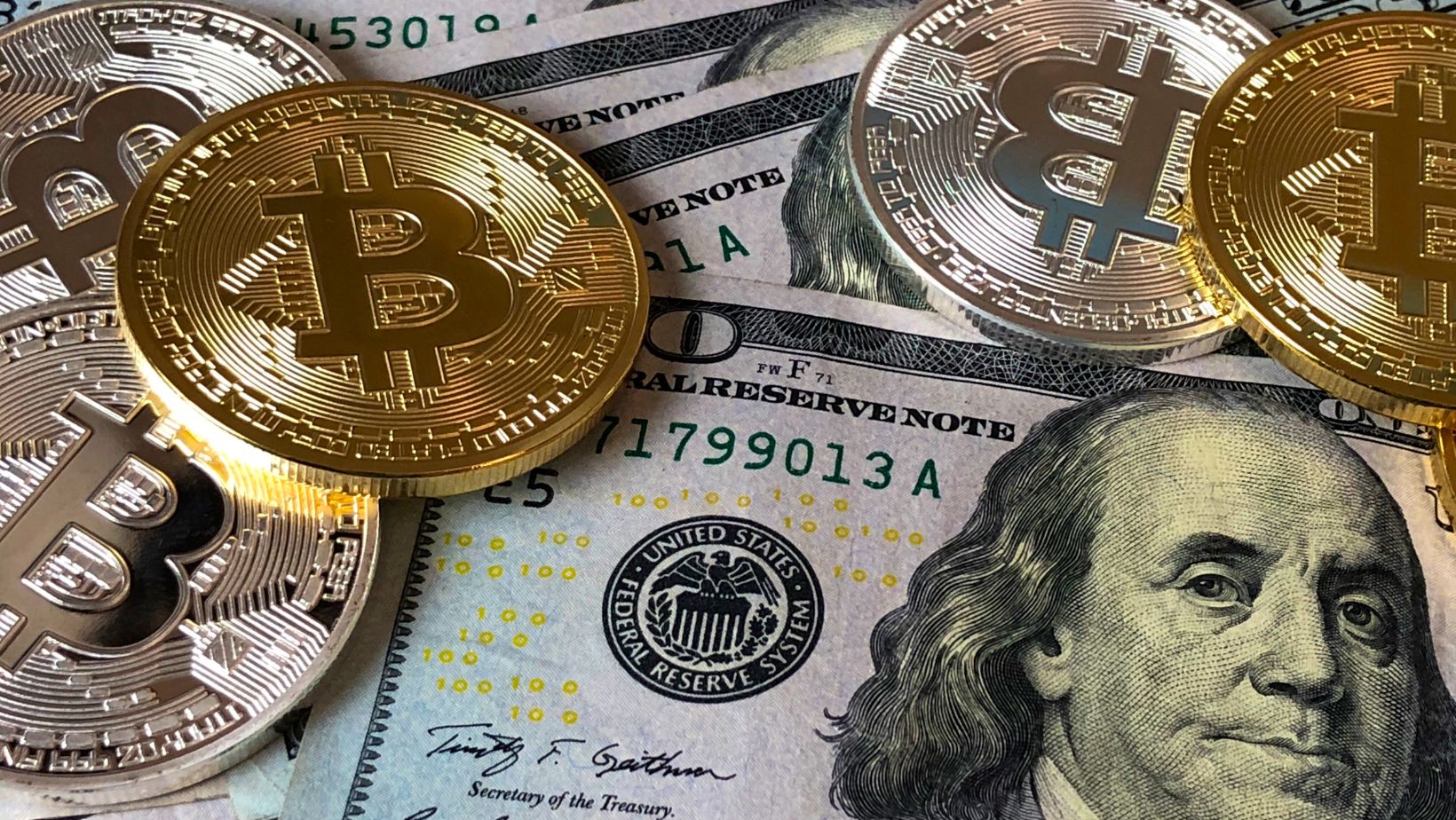In A Mixed Market Economy The Government Regulates Business
In a mixed market economy, the role of government in regulating business is a topic of great importance. As an expert blogger with years of experience, I have witnessed the impact of government regulations on businesses firsthand. Throughout this article, I will delve into the various ways in which the government regulates business in a mixed market economy, highlighting the key factors and their implications.
Government regulations play a crucial role in maintaining a fair and competitive business environment within a mixed market economy. From ensuring consumer protection to promoting market stability, the government’s involvement is essential. In this article, I will explore the different types of regulations that exist and their impact on businesses, as well as the benefits and drawbacks associated with government intervention in the market.
What is a Mixed Market Economy?
A mixed market economy is an economic system that combines elements of both a free market and government intervention. In this type of economy, businesses operate in a competitive market environment, but the government plays a significant role in regulating and overseeing economic activities.
In a mixed market economy, the government implements regulations and policies to ensure fair competition, protect consumers, and promote market stability. These regulations aim to prevent monopolies, unfair trade practices, and other anti-competitive behaviors that could harm consumers or hinder market efficiency.
The government’s involvement in a mixed market economy can take various forms, including:
- Legislation and Regulations: Governments enact laws and regulations to set the rules of the game for businesses operating in the market. These regulations can cover areas such as labor practices, environmental protection, product safety, and financial reporting. By setting these standards, the government aims to protect the interests of consumers and maintain a level playing field for businesses.
- Market Surveillance: The government monitors and enforces compliance with regulations through agencies such as the Federal Trade Commission (FTC) and the Securities and Exchange Commission (SEC). These agencies investigate and take action against businesses that engage in fraudulent or deceptive practices, ensuring market integrity and consumer trust.
- Fiscal and Monetary Policies: Governments also use fiscal and monetary policies to influence economic activity and promote stability. Fiscal policies involve decisions on government spending, taxation, and borrowing, while monetary policies involve managing interest rates and the money supply. These policies help regulate inflation, control economic fluctuations, and stimulate economic growth.
A mixed market economy combines the benefits of a free market system, such as innovation and efficiency, with government regulations to ensure fairness, protect consumers, and maintain market stability. Understanding the role of government in a mixed market economy is crucial for businesses and investors to navigate the complexities and thrive in this economic system.

Role of Government in a Mixed Market Economy
In a mixed market economy, the government plays a vital role in regulating businesses. This regulation is necessary to ensure fair competition, protect consumers, and maintain market stability. By implementing rules and regulations, the government sets the boundaries within which businesses operate.
Government regulations help create a level playing field for businesses of all sizes. They prevent monopolistic practices and promote healthy competition, which ultimately benefits consumers. Regulations may include guidelines on pricing, quality control, advertising, and product safety. These measures ensure that businesses operate ethically and do not engage in practices that harm consumers or the market as a whole.
Protection of Consumer Rights
One of the primary responsibilities of the government in a mixed market economy is to protect consumer rights. Consumer protection laws are in place to safeguard the interests and well-being of consumers. These laws ensure that businesses provide accurate information, fair pricing, and high-quality products and services.
Consumer protection regulations cover a wide range of areas, including product safety, labeling requirements, warranties, and dispute resolution mechanisms. They empower consumers to make informed choices and hold businesses accountable for any wrongdoing or negligence. By enforcing these regulations, the government ensures that consumers are not taken advantage of and that their rights are protected.
Government agencies, such as the Federal Trade Commission (FTC) in the United States, are responsible for monitoring and enforcing consumer protection regulations. These agencies investigate complaints, conduct inspections, and take legal action against businesses that violate consumer rights. Through these efforts, the government maintains consumer confidence in the market and promotes a fair and transparent business environment.
In conclusion… I mean, to sum up, the role of the government in a mixed market economy is crucial. Through regulations and consumer protection measures, the government ensures fair competition, protects consumers, and maintains market stability. These efforts create an environment where businesses can thrive while safeguarding the interests of the public.














































































































